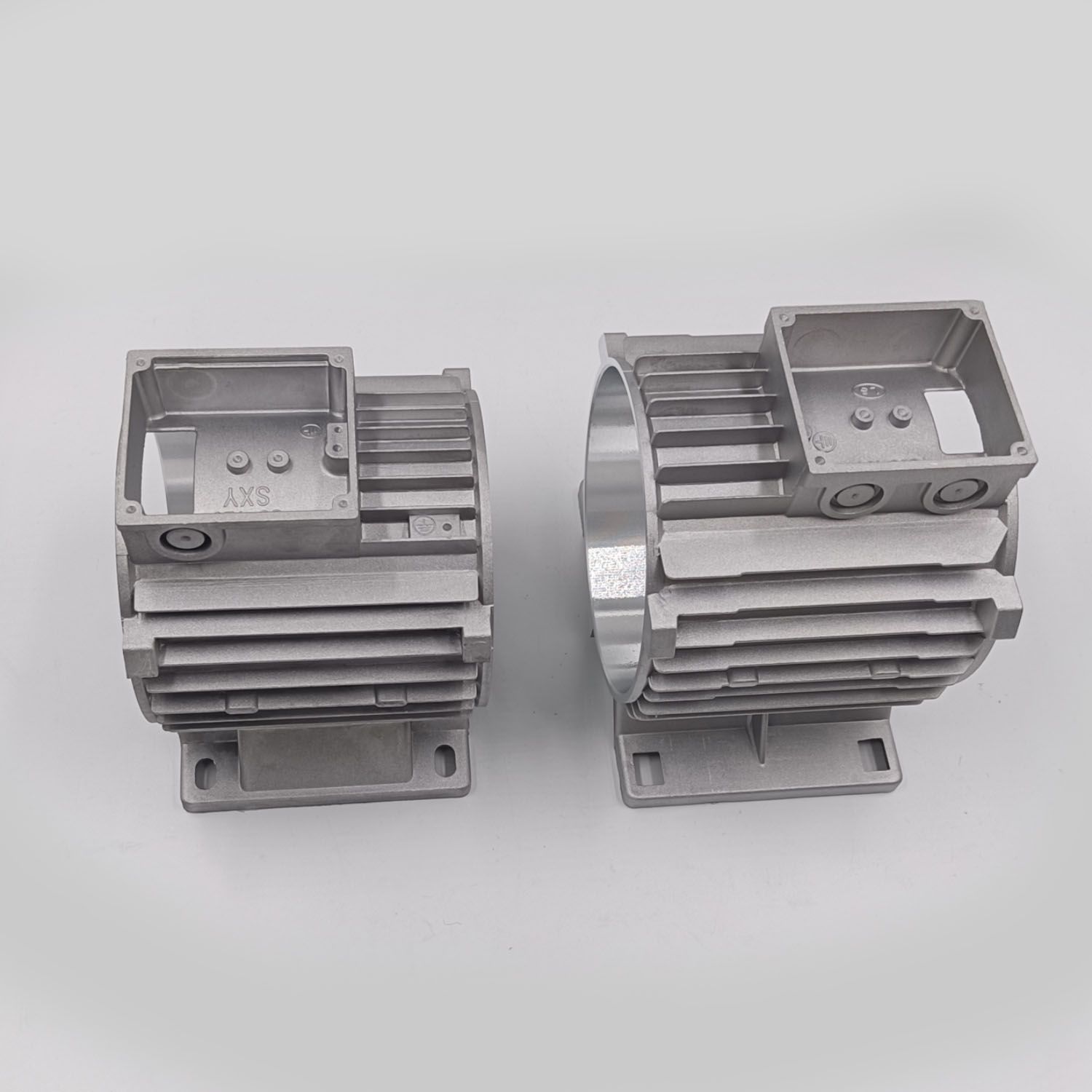The Best Strategy To Use For Stahl Specialty Company
The Best Strategy To Use For Stahl Specialty Company
Blog Article
Fascination About Stahl Specialty Company
Table of ContentsThe Of Stahl Specialty CompanyAll about Stahl Specialty CompanySome Ideas on Stahl Specialty Company You Need To KnowAbout Stahl Specialty CompanyWhat Does Stahl Specialty Company Do?
The refined difference depends on the chemical web content. Chemical Comparison of Cast Aluminum Alloys Silicon promotes castability by lowering the alloy's melting temperature level and improving fluidness throughout spreading. It plays an essential duty in enabling complex mold and mildews to be filled precisely. In addition, silicon contributes to the alloy's strength and put on resistance, making it valuable in applications where toughness is critical, such as automobile parts and engine elements.It additionally enhances the machinability of the alloy, making it easier to process right into completed items. This way, iron adds to the overall workability of aluminum alloys. Copper boosts electrical conductivity, making it advantageous in electrical applications. It also enhances deterioration resistance and contributes to the alloy's general toughness.
Manganese contributes to the stamina of light weight aluminum alloys and improves workability. Magnesium is a lightweight aspect that provides strength and influence resistance to light weight aluminum alloys.
Zinc improves the castability of light weight aluminum alloys and helps control the solidification process throughout spreading. It enhances the alloy's stamina and hardness.
10 Easy Facts About Stahl Specialty Company Described
Because aluminum-silicon alloys have excellent spreading buildings, high gas homes, basic processes, and superb deterioration resistance, aluminum-silicon alloys are most generally used in the die-casting market in the house and abroad. At the same time, aluminum-silicon alloys are also relatively very early and commonly recognized alloys established and used in die-casting. After constant study and enhancement, a lot of the present worldwide mainstream aluminum-silicon alloys have been settled and are nothing greater than A356, A360, A380, ADC12, B390, and A413.
The main thermal conductivity, tensile stamina, return stamina, and elongation vary. Amongst the above alloys, A356 has the greatest thermal conductivity, and A380 and ADC12 have the lowest.

The Stahl Specialty Company Statements
In precision spreading, 6063 is fit for applications where complex geometries and high-grade surface area coatings are vital. Examples consist of telecommunication rooms, where the alloy's premium formability enables streamlined and visually pleasing styles while preserving structural integrity. In the Lighting Solutions sector, precision-cast 6063 parts produce stylish and reliable lights fixtures that call for complex forms and good thermal efficiency.
(https://ameblo.jp/stahlspecialc/entry-12878603049.html)
It results in a better surface area finish and far better deterioration resistance in A360. The A360 shows superior elongation, making it suitable for facility and thin-walled elements. In accuracy casting applications, A360 is well-suited for industries such as Consumer Electronics, Telecommunication, and Power Tools. Casting Foundry. Its improved fluidness permits intricate, high-precision elements like smart device casings and interaction gadget real estates.

In precision casting, aluminum 413 radiates in the Consumer Electronic Devices and Power Devices industries. This alloy's superior deterioration resistance makes it an exceptional selection for exterior applications, making sure durable, resilient products in the stated industries.
What Does Stahl Specialty Company Do?
As soon as you have actually chosen that the light weight aluminum die casting procedure appropriates for your project, a critical following action is selecting one of the most proper alloy. The aluminum alloy you pick will substantially affect both the spreading process and the residential or commercial properties of the end product. Due to this, you should make your choice very carefully and take an educated method.
Determining one of the most suitable aluminum alloy for your application will certainly imply considering a wide variety of characteristics. These relative alloy characteristics comply with the North American Die Spreading Association's standards, and we have actually divided them into two classifications. Casting Foundry. The initial category addresses alloy characteristics that impact the manufacturing process. The second covers characteristics influencing the residential or commercial properties of the end product.
The alloy you select for die spreading directly impacts a number of aspects of the casting process, like just how easy the alloy is to deal with and if it is susceptible to casting issues. Warm fracturing, additionally called solidification cracking, is a regular die spreading flaw for aluminum alloys that can cause internal or surface-level rips or splits.
The Only Guide for Stahl Specialty Company
Specific light weight aluminum alloys are a lot more at risk to warm breaking than others, and your choice needs to consider this. An additional common problem discovered in the die spreading of aluminum is pass away soldering, which is when the cast stays with the die wall surfaces and makes ejection hard. It can harm both the cast and the die, so you need to try to find alloys with high anti-soldering residential or commercial properties.
Corrosion resistance, which is already a notable attribute of aluminum, can differ substantially from alloy to alloy and is a crucial characteristic to take into consideration depending upon the environmental conditions your product will certainly be revealed to. Put on resistance is an additional residential property commonly looked for in aluminum items and can separate some alloys.
Report this page